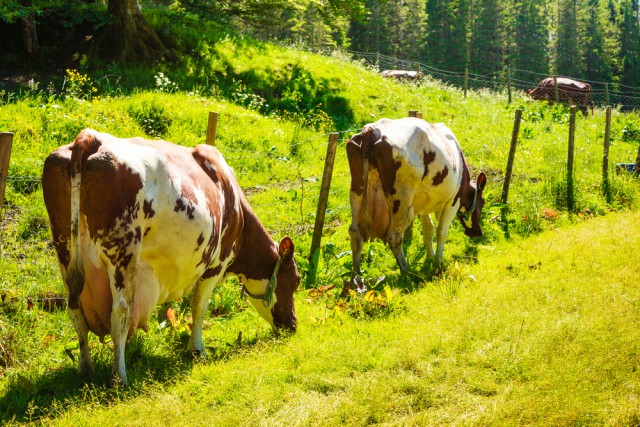Farming needs technology to feed the globe

Farmers need to embrace advanced technologies such as the IoT in the next few years in order to support the growing human population, new research has claimed.
With the global population set to reach 11 billion by the end of the century (according to UN estimates) and climate change set to affect agriculture, changes are required in how we source and grow food, analyst firm Beecham has said.
Report co-author and chief research officer, Saverio Romero, cites the UN Food and Agriculture Program, saying global production of food, feed and fiber will need to increase by 70 percent by 2050, to meet the demands of a growing population.
“This means that to optimize crop yields and reduce waste, the agriculture and farming industries will need to rely heavily on IoT and machine-to-machine (M2M) technologies moving forward. GPS services, sensors and big data will all become essential farming tools in the coming years and are clearly set to revolutionize agriculture,” he said.
The report uses an umbrella term -- precision agriculture -- to describe all the innovations that should be in use in the near future.
"Precision agriculture can help reduce significant losses in farming, solve problems of data collection and monitoring, and reduce the impacts of climate change," concludes Romeo. "In the long term, we have no choice but to invest in the use of precision agriculture and smart farming because of the urgency of the problems the world faces."
The full report, entitled Smart farming: The sustainable way to food, can be found on this link.
Published under license from ITProPortal.com, a Future plc Publication. All rights reserved.
Photo Credit: Anetlanda/Shutterstock
